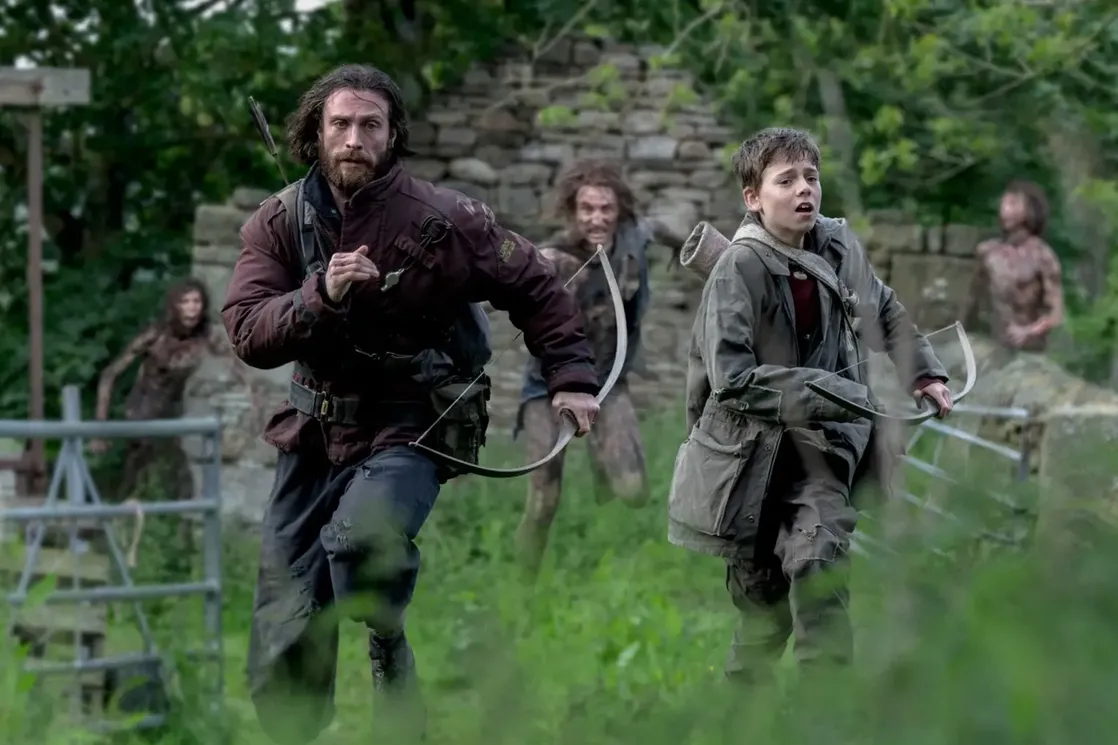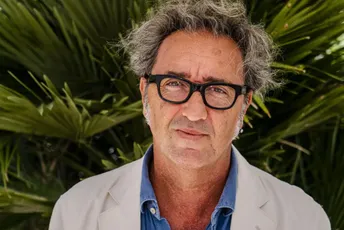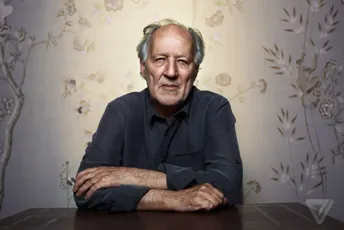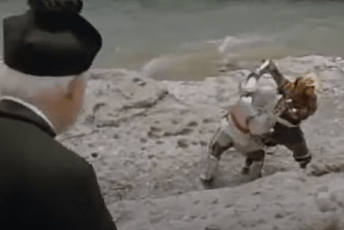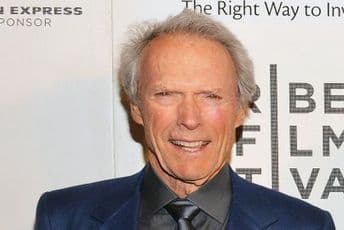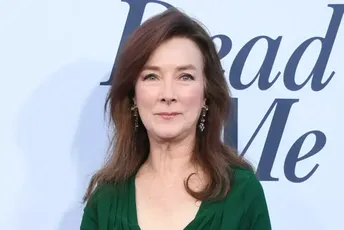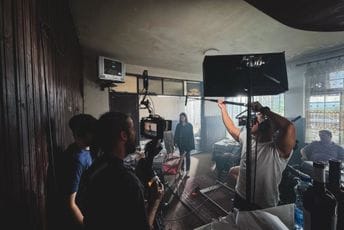British director Danny Boyle will soon present a new post-apocalyptic horror film “28 Years Later”, a sequel to the cult franchise that began with “28 Days Later”. The film follows survivors living on an island connected to the mainland by a causeway, set 28 years after the outbreak of the rage virus. The main roles are played by Ralph Fiennes, Aaron Taylor-Johnson, Jack O’Connell, and Jodie Comer. The film’s budget is 75 million dollars, with a premiere planned for the end of the month. In another related article, it is confirmed that Cillian Murphy, who played the lead role in the first film, will not appear in this sequel but in the second film of the new trilogy. Director Danny Boyle and screenwriter Alex Garland are working on the new trilogy, and the success of the first film will determine the production of the third part.
Political Perspectives:
Left: Left-leaning outlets emphasize the artistic and cultural significance of Danny Boyle’s new film, highlighting its continuation of a beloved horror franchise and the creative collaboration between Boyle and screenwriter Alex Garland. They focus on the film’s themes of survival and societal breakdown, often discussing the film in the context of social commentary on pandemics and human resilience.
Center: Centrist sources provide balanced coverage focusing on the film’s production details, cast, and release information. They report on the continuation of the franchise, the involvement of notable actors like Ralph Fiennes, and the strategic planning of the trilogy. The narrative is mostly informational, highlighting the film’s budget, premiere date, and the role of Cillian Murphy in the upcoming sequels.
Right: Right-leaning media tend to emphasize the commercial aspects of the film, such as the high budget and the franchise’s popularity. They may also highlight the film’s entertainment value and its appeal to horror fans. Some right-leaning outlets might focus on the film as a successful British cultural export and its potential impact on the film industry.



